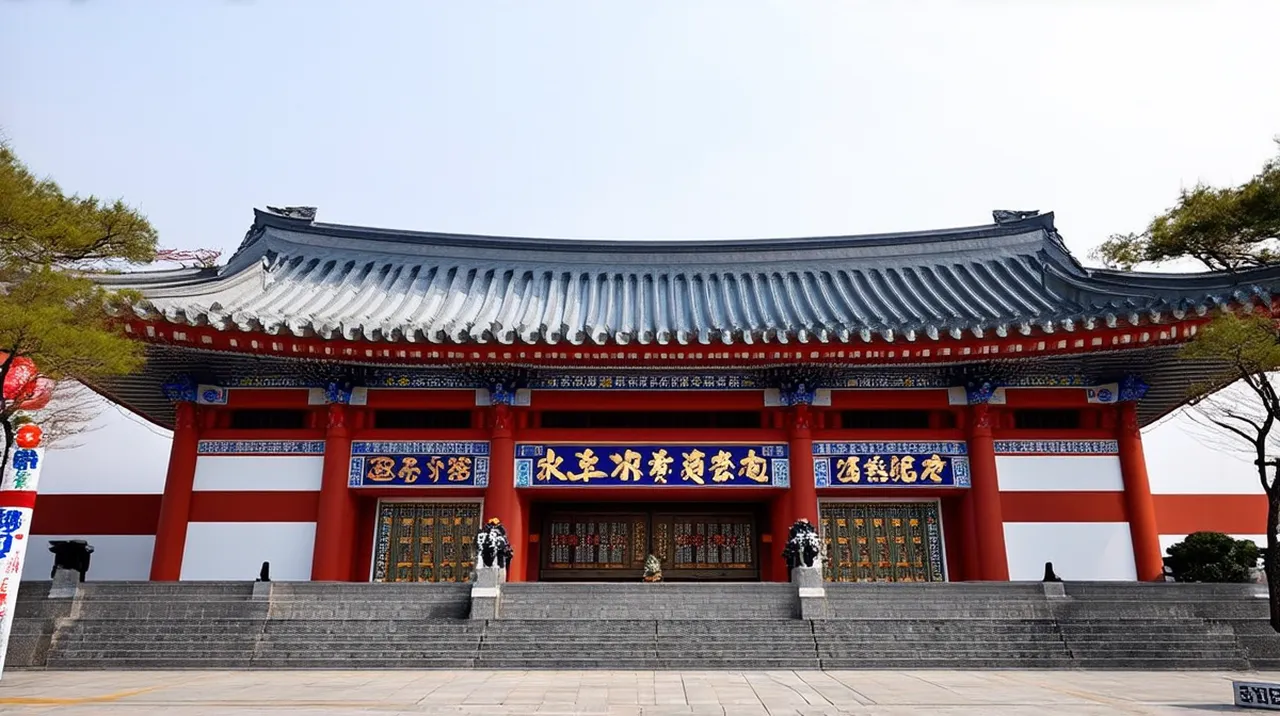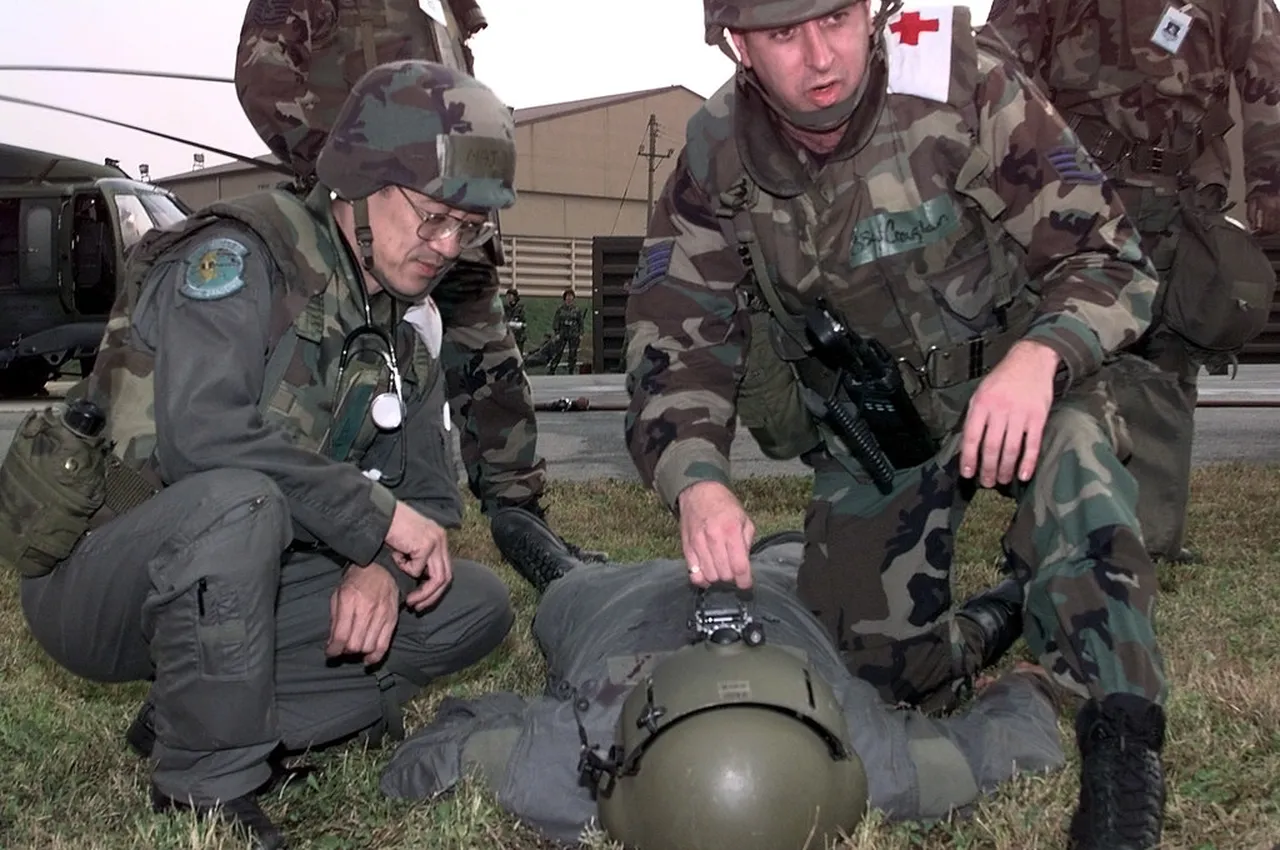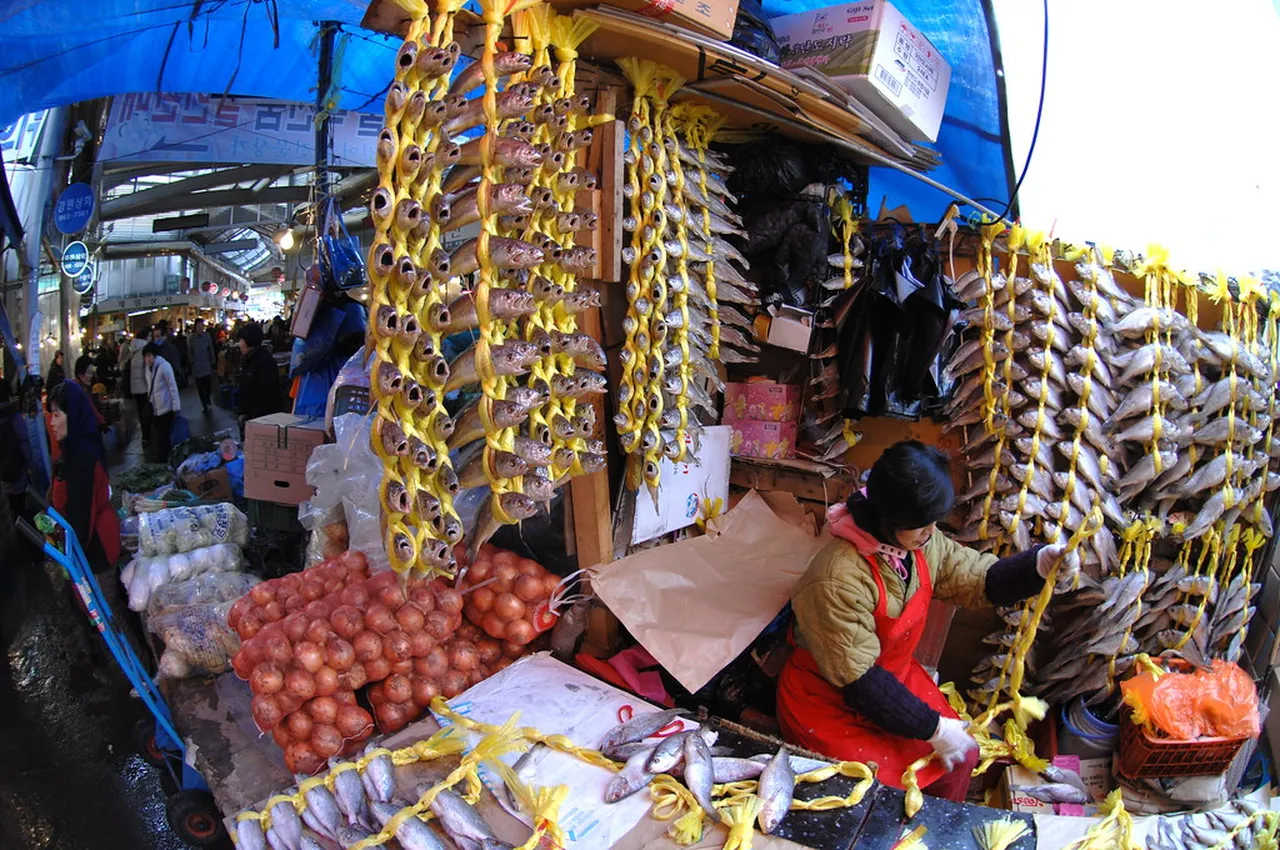
Daegu Culture: Discover the Richness of South Korea’s City
Table of Contents
Daegu Culture: A Journey Through Tradition and Modernity
Daegu culture is a vibrant blend of tradition and modernity, making this South Korean city a captivating destination for travelers. From its rich history and unique culinary offerings to colorful festivals and artistic expressions, Daegu provides an immersive cultural experience that reflects the heart of Korea. In this article, we will delve into the many facets of Daegu culture, providing insights into what makes this city special and why it deserves a place on your travel itinerary. Whether you are a history buff or a food enthusiast, Daegu is sure to leave you enchanted and inspired.
Want to find the best travel deals for this destination? try adventure planner with our adventure planning specialist!
1. Exploring Traditional Markets: A Taste of Daegu Culture

Daegu is renowned for its vibrant traditional markets, which are a true reflection of Daegu culture. The most famous is Seomun Market, dating back to the 17th century. Here, the colorful stalls offer fresh produce, local crafts, and delicious street food. Walking through the market, you’ll find an array of culinary delights, from tteokbokki to sundae, which are not just tasty but also steeped in local tradition.
Moreover, these markets serve as cultural hubs where locals gather, thus providing visitors with an opportunity to experience everyday life in Daegu. Additionally, many vendors take pride in their products, sharing stories that connect you to the city’s history. Therefore, a visit to these markets is not merely about shopping; it’s about engaging with the essence of Daegu’s cultural identity.
2. Daegu’s Culinary Delights: A Flavorful Cultural Journey

When it comes to Daegu, the food scene is undeniably a vibrant part of Daegu culture. The city is famous for its unique flavors, particularly the spicy chicken stew known as jjimdak. This dish has become a symbol of the region, showcasing the locals’ love for bold, spicy flavors. Furthermore, street food in Daegu offers an enticing glimpse into its culinary creativity.
On the other hand, traditional Korean barbecue is not to be missed, and you’ll find many spots where you can grill your own meat at the table, creating a delightful dining experience. For dessert lovers, traditional sweets like injeolmi can satisfy any sweet tooth. Overall, a culinary journey through Daegu not only tantalizes the taste buds but also immerses you in the rich cultural traditions of the city.
3. The Heritage of Daegu’s Hanok Villages: A Glimpse into History

One cannot explore Daegu culture without visiting its beautiful hanok villages. These traditional Korean houses offer insight into the architectural elegance of the past. In particular, the DalDongNe village allows visitors to step back in time, showcasing well-preserved hanoks amidst tranquil surroundings.
As you walk through these narrow alleys, you’re enveloped by the charm of history. Each hanok tells a story, often featuring stunning wooden beams and tiled roofs that reflect a harmonious balance with nature. Additionally, many hanoks offer cultural experiences, such as tea ceremonies and craft workshops, allowing you to appreciate the craftsmanship and traditions of Daegu. Thus, a visit here is both enlightening and enriching, providing a deep connection to the roots of Daegu’s heritage.
4. Festivals of Daegu: Celebrating Culture Through Events

Daegu is vibrant with its festivals, which beautifully showcase the Daegu Culture and its community spirit. Each year, thousands gather to celebrate events, enriching their understanding of local traditions. Notably, the Daegu Chimac Festival Highlights the city’s love for fried chicken and beer, making it a perfect spot for food lovers.
Furthermore, the Daegu International Opera Festival brings together talent from around the globe, providing a stage for both established and emerging artists. If you’re visiting in late summer, don’t miss the annual Daegu Yangnyeongsi Herb Medicine Festival, which Highlights traditional herbal medicine practices through workshops and demonstrations.
Experience the local vibe by participating in festival Activities; they are a great way to connect with the community!
5. The Art Scene in Daegu: Contemporary Expressions of Culture

The art scene in Daegu is a testament to the city’s dynamic cultural landscape. Contemporary artists thrive here, transforming traditional styles into modern forms. Locations like the Daegu Art Museum have become platforms for local creatives, showcasing everything from paintings to installations.
Moreover, street art fills the alleys, offering an unexpected charm alongside the traditional architecture. You will find that participation in local exhibitions is common; thus, consider visiting to engage with modern interpretations of Daegu Culture.
Art lovers will appreciate how Daegu combines history and modernity in its creative expressions!
6. Learning through Locals: Cultural Workshops and Classes
To truly immerse yourself in Daegu Culture, attending local workshops and classes can be invaluable. Many programs offer hands-on experiences, from pottery and painting to traditional Korean cooking. These Activities not only provide fun but also foster connections with Daegu’s friendly residents.
In addition, cultural workshops often include storytelling sessions or demonstrations of traditional crafts. This interaction is enriching and allows you to gain a deeper understanding of the city’s heritage. So, whether you want to create your own Korean pottery or learn how to cook a local dish, Daegu’s workshops provide authentic experiences.
Don’t hesitate to ask locals for recommendations; they often know the best hidden workshops!
7. Historical Landmarks: Discovering Daegu’s Past
Recommendation: Don't miss out on amazing Daegu tours - book now!
Daegu, with its rich tapestry of history, boasts several historical Landmarks that offer a glimpse into its past. To truly appreciate Daegu culture, visiting these sites is essential. For instance, the Daegu Yangnyeongsi Museum of Traditional Korean Medicine not only showcases the city’s medicinal heritage but also Highlights its role as a hub for healing.
Moreover, the historic Seomun Market dates back to the 15th century. Here, you can immerse yourself in local traditions and shop for unique handcrafted items. Additionally, the Tongdosa Temple, a UNESCO World Heritage Site, reflects the spiritual history of the region. Thus, wandering through these Landmarks helps deepen your understanding of Daegu’s cultural evolution.
The Spiritual Side of Daegu: Temples and Tranquility
The serene temples of Daegu play a crucial role in enhancing the city’s spiritual culture. One of the most revered sites is the Haeinsa Temple, known for housing the Tripitaka Koreana, a UNESCO-listed collection of Buddhist scriptures. Visiting this temple provides not only a peaceful escape but also an opportunity to experience Korean Buddhism firsthand.
Furthermore, Bongdeoksa Temple offers stunning mountain views and countless meditation spots. Many visitors find that spending time in these tranquil surroundings fosters a deeper connection with history and spirituality. Therefore, I highly recommend exploring these sacred sites to gain insight into the calmer aspects of Daegu’s culture.
The Impact of K-Pop on Daegu’s Modern Culture
K-Pop has undeniably reshaped popular culture in Daegu, making it a significant facet of local identity. The city’s influence on the K-Pop scene can be seen through various Events and festivals that celebrate this phenomenon. Artists from Daegu, including prominent figures like EXO’s Baekhyun, have put the city on the global map.
Additionally, venues such as the Daegu Art Museum frequently host exhibitions and Events showcasing K-Pop’s impact on art and society. This vibrant intersection of traditional cultural influences and contemporary trends illustrates how Daegu is embracing modernity while preserving its rich heritage. In conclusion, experiencing K-Pop culture in Daegu adds a unique layer to your exploration of the city’s cultural landscape.
10. Shopping for Local Crafts: Supporting Daegu’s Artisans
When visiting Daegu, you must include a stop at the vibrant local markets to truly embrace Daegu culture. These bustling centers are home to numerous artisans showcasing their unique crafts. Notably, the Daegu Yangnyeongsi Herb Market is renowned for its traditional herbal goods. Here, you can find everything from dried herbs to handmade remedies that reflect the region’s rich medical heritage.
Additionally, many small shops offer handcrafted pottery, textiles, and jewelry, enabling you to take a piece of Daegu’s culture home with you. By supporting local artisans, you not only indulge in a culturally enriching experience but also contribute to the preservation of these age-old crafts.
Therefore, don’t rush your shopping! Instead, take the time to interact with the artisans and learn about their traditions. You might even pick up some tips about crafting along the way!
11. Exploring Daegu’s Nature: Parks and Cultural Relaxation
In addition to its rich urban culture, Daegu offers several serene parks that invite relaxation and exploration. One of the most notable is Apsan Park, which features serene hiking trails and breathtaking views of the city. Here, you can escape your daily routine and immerse yourself in nature.
Moreover, the park also serves as a cultural hub, as you can find historical sites and monuments that tell stories about the region’s past. Transitioning from the hustle and bustle, you will appreciate the peace that these natural spaces provide. Seomun Market, located nearby, adds a layer of cultural flavor, offering local foods and handicrafts. It’s essential to experience a day that combines nature with cultural insights.
12. Nightlife in Daegu: A Blend of Tradition and Modern Fun
Daegu’s Nightlife is an exhilarating mix of modern trends and traditional customs. With vibrant districts such as Bongdeok-dong, you can discover an array of bars, clubs, and live music venues that cater to various tastes. The atmosphere is electric, especially on weekends when locals and tourists come together to enjoy the city’s offerings.
Additionally, you can find traditional pojangmacha (street food stalls) where visitors can savor delicious Korean dishes late into the night. It’s fascinating how these traditions coexist with contemporary Nightlife, offering something for everyone. Transitioning from a lively night out to a cozy evening in a traditional tea house is just one way to enjoy the best of both worlds.
Daegu culture showcases an incredible tapestry of history, tradition, and modern influences that come together in this vibrant city. From exploring bustling markets and indulging in local cuisine to participating in colorful festivals and experiencing the art scene, there is no shortage of cultural experiences to be had. As you plan your visit to Daegu, consider embracing the many offerings that reflect the city’s unique identity. What aspect of Daegu’s culture are you most excited to discover? Share your thoughts in the comments below, and let’s engage in a conversation about the rich cultural heritage waiting to be explored in South Korea.